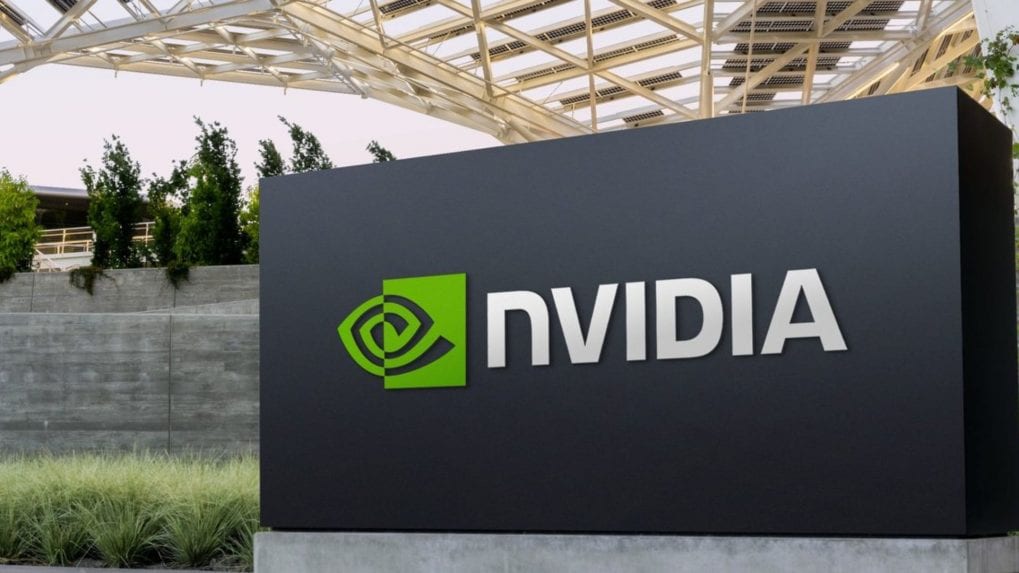How it Works
WPP, Havas, Omnicom: Are advertising’s biggest holdcos recasting agencies as AI Operating Systems?

Nvidia, the world's most valuable company, has once again reported robust financial results, driven by sustained demand for its AI-focused data center chips. The company's earnings statement on Wednesday revealed a second-quarter revenue of $46.7 billion, a significant 56% increase compared to the same period last year.
The growth was primarily fueled by Nvidia's data center division, which saw its revenue surge by 56% year-over-year to $41.1 billion. The company's latest generation of chips, Blackwell, accounted for a substantial portion of these sales, bringing in $27 billion.
"Blackwell is the AI platform the world has been waiting for," CEO Jensen Huang stated, underscoring the company's central role in the burgeoning AI industry. Huang also projected that AI infrastructure spending could reach $3 to 4 trillion by the end of the decade.
The earnings report also highlighted the challenges Nvidia faces in the Chinese market. The company reported no sales of its China-focused H20 chip to Chinese customers in the past quarter, despite a new arrangement that allows sales with a 15% export tax. According to CFO Colette Kress, the lack of shipments is due to "uncertainty around the arrangement," which has not been officially codified.
The geopolitical situation has also impacted the company, with the Chinese government reportedly discouraging the use of Nvidia chips by local businesses and leading Nvidia to halt production of the H20 chip earlier this month.
Nvidia anticipates continued growth, with a projected revenue of $54 billion for the third quarter. The company's outlook does not include any H20 shipments to China.
From purpose-driven work and narrative-rich brand films to AI-enabled ideas and creator-led collaborations, the awards reflect the full spectrum of modern creativity.
Read MoreThe Storyboard18 Awards for Creativity have unveiled a Grand Jury comprising some of India’s most influential leaders across advertising, business, policy and culture, positioning it among the country’s most prestigious creative award platforms.